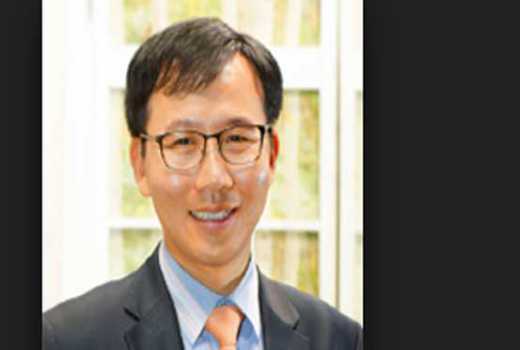×
The Standard e-Paper
Home To Bold Columnists

NAIROBI, KENYA: Dr Ha Tae Hyun is the founding principal of Mahanaim Educational Institute, the only college sponsored by the South Korean government in Kenya to offer technical and vocational training.
South Korea supports similar learning institutions in 120 countries globally.







